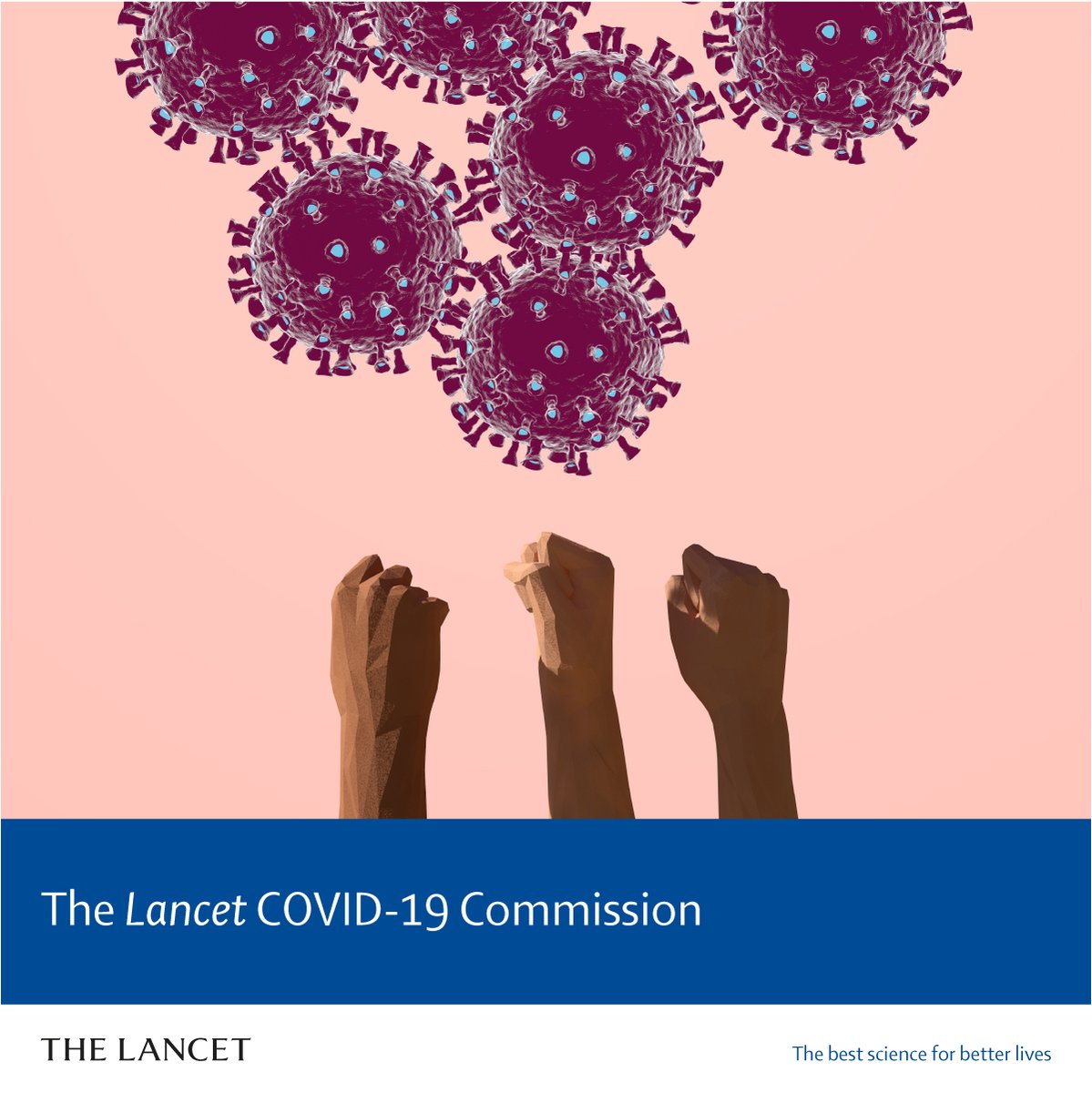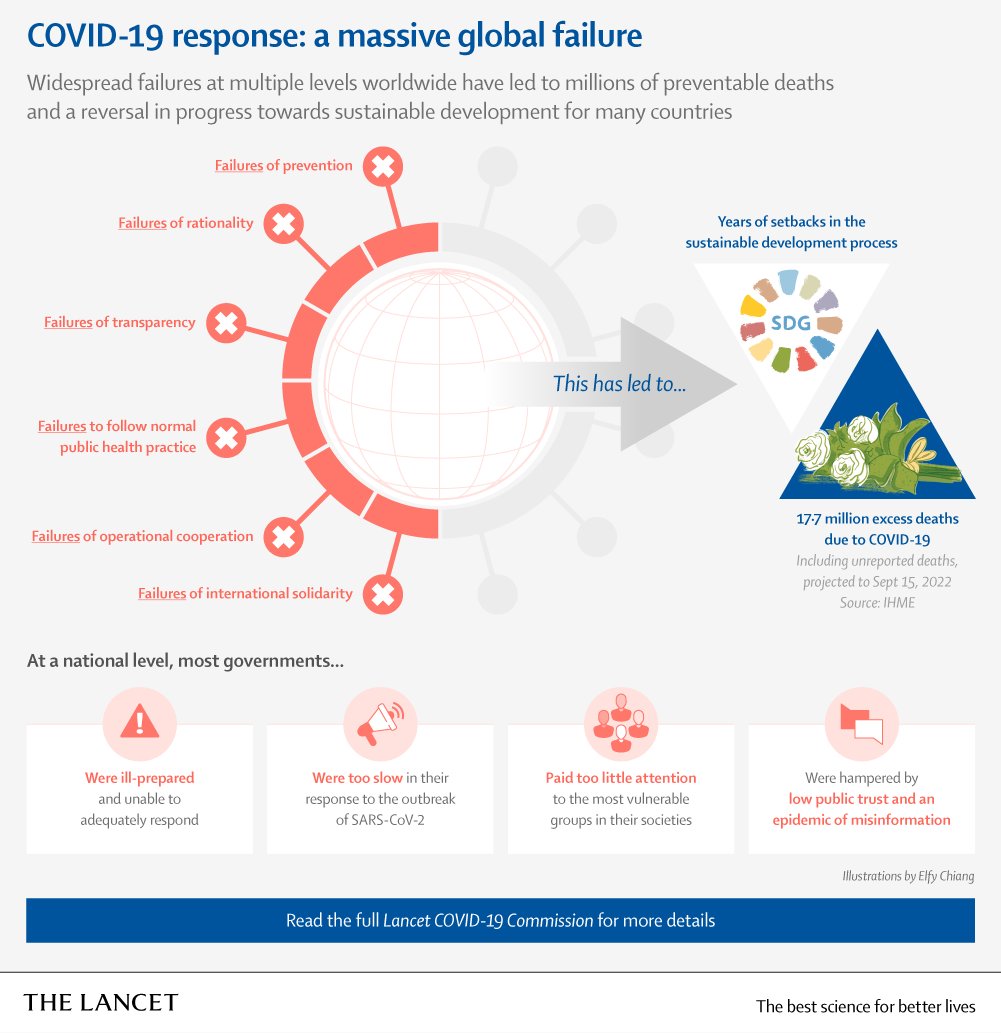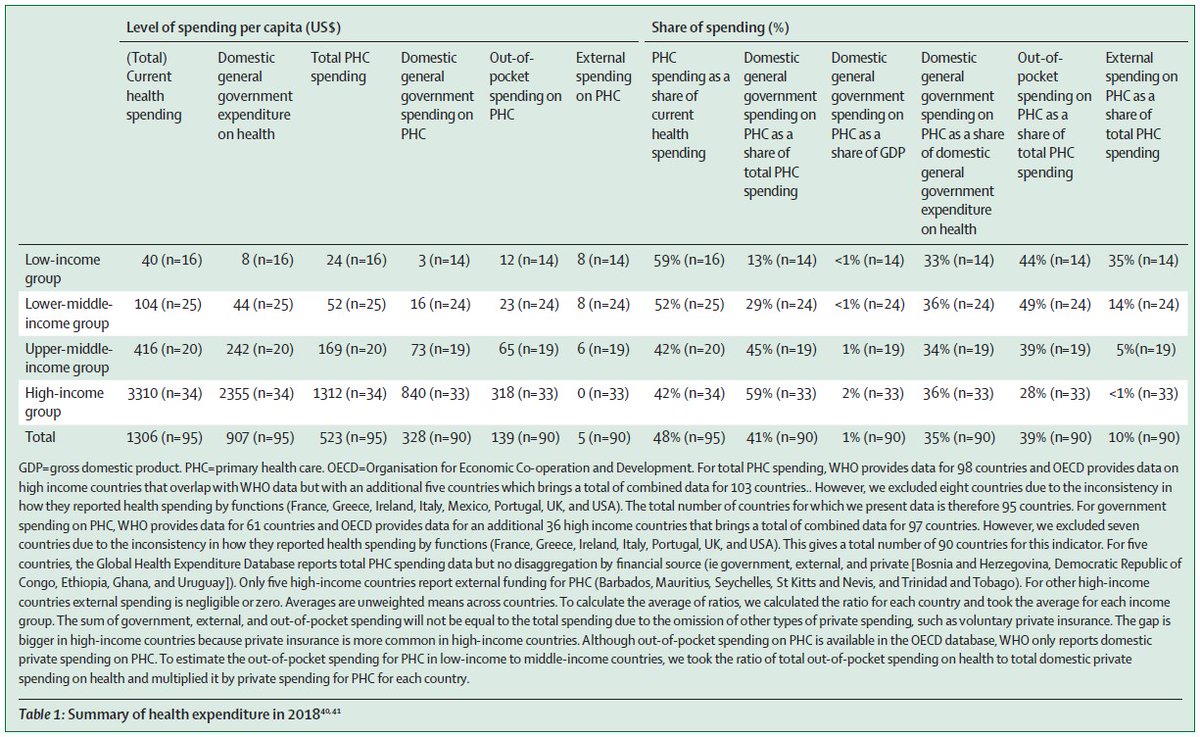In 2019, the no. of smokers worldwide ⬆️ to 1.1 billion. Tobacco smoking caused ~8 million deaths—1 in 5 male deaths.
#GBD studies of 204 countries highlight the enormous health toll of 🚬 and authors urge all countries to do more to ⬇️ tobacco use. See hubs.ly/H0Pd0590.
#GBD studies of 204 countries highlight the enormous health toll of 🚬 and authors urge all countries to do more to ⬇️ tobacco use. See hubs.ly/H0Pd0590.

89% of smokers began by age 25—evidence suggests an individual is unlikely to become a smoker if they do not start by this age.
Yet over half of countries show no progress in reducing 🚬 among 15-24-year-olds—a critical window to prevent initiation. Read hubs.li/H0Pd09f0.

Yet over half of countries show no progress in reducing 🚬 among 15-24-year-olds—a critical window to prevent initiation. Read hubs.li/H0Pd09f0.


Why have 🚬 control policies had little impact on young people? They may respond to policies in different ways to adults, writes @aekunst in @TheLancetPH. The solution? Centralising young people's perspectives and experiences. Read hubs.li/H0Pd0YM0.
Although 🌍 age-standardised prevalence of smoking ⬇️ significantly from 1990-2019, similar progress was not observed for chewing tobacco and remains a significant public health problem, particularly in South Asia. See in @TheLancetPH: hubs.li/H0Pd0j_0. 

Tobacco industry interference & waning political commitment impede action on global tobacco control—adopting & enforcing policies are key.
⬆️taxes on tobacco, ⬇️affordability
❌Bans on advertising, promotion, sponsorship
🚭environments
See hubs.ly/H0Pd0590.
⬆️taxes on tobacco, ⬇️affordability
❌Bans on advertising, promotion, sponsorship
🚭environments
See hubs.ly/H0Pd0590.
"No jobs in tobacco control will be lost if smoking and the resultant diseases increase. Public health failures engender research funding..."—Alan Blum and Ransome Eke comment on the difficulties in tackling the tobacco industry despite wealth of data: hubs.li/H0Pd0fk0. 

Sign up for GBD Alerts, in partnership with @IHME_UW. Our GBD Alerts provide you with the latest #GBDStudy Articles and supporting complimentary multimedia content direct to your inbox. Register: hubs.ly/H0sTG9S0. 

• • •
Missing some Tweet in this thread? You can try to
force a refresh















